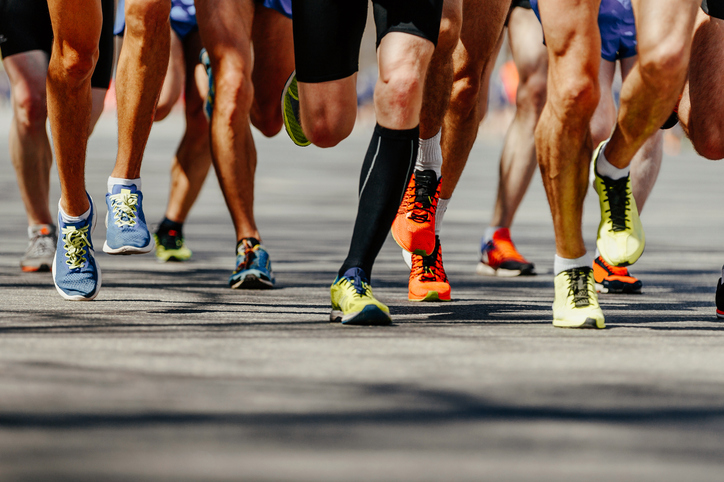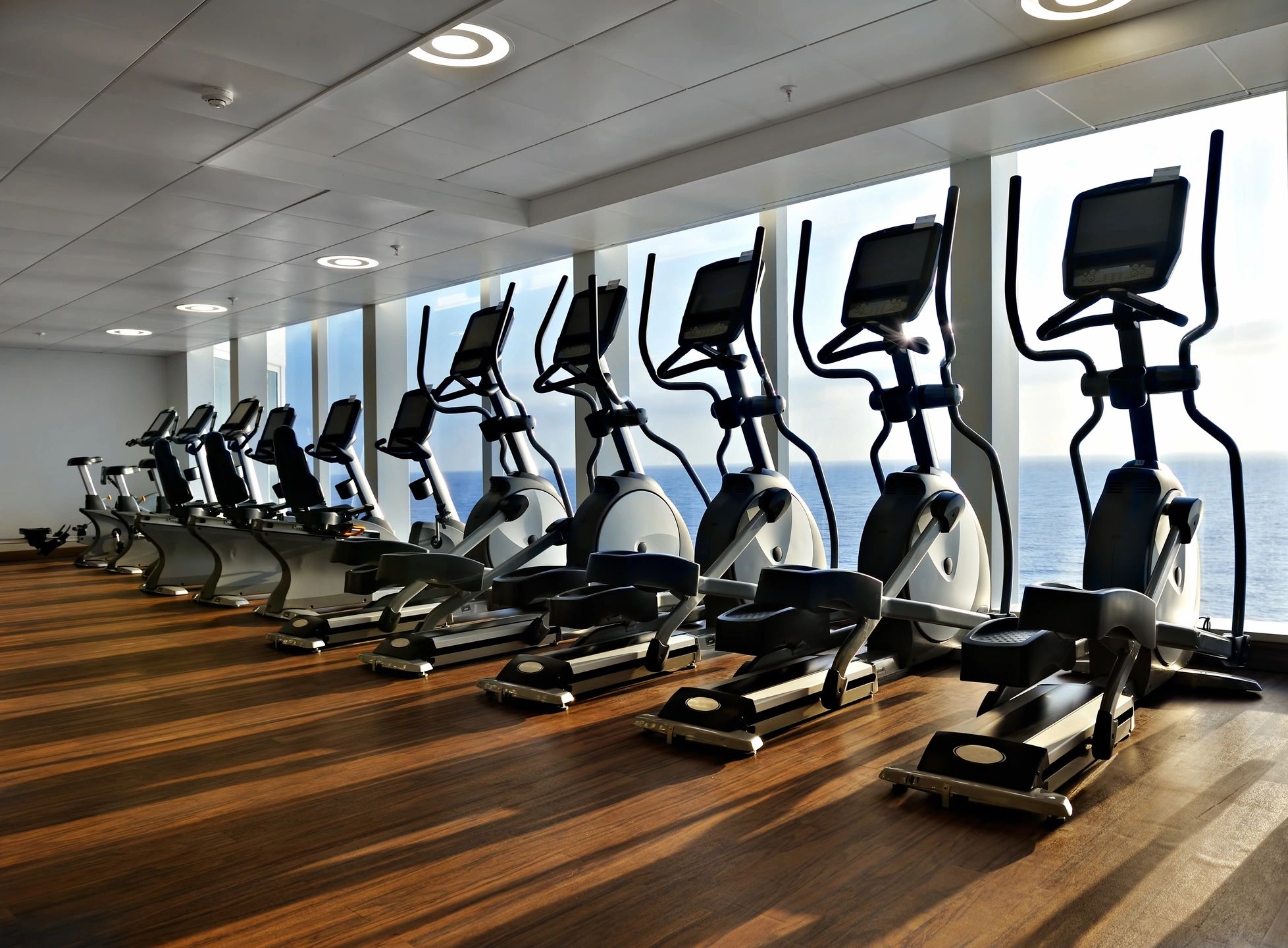I get asked a lot about what books I would recommend for youth runners, their families, and for coaches. The books listed below will cover eating correctly, sleep, hydration, various philosophies of running, the historical context of distance running(it is a relatively new sport!), recovery, injury prevention, training ideas, racing tactics, and much more. I do believe this list contains people who I would contend are experts in various aspects of distance running. With the exception of the The Inner Game of Tennis(which I am still reading) I have read all of the referenced books.
Cross Country running is a sport with some hard and fast foundational principles which stand the test of time. However, it is also a sport which is rapidly changing in terms of how to teach/coach distance running. We live in era where a coach who has been doing this for 10-20 years(and hasn’t stayed current) is possible coaching in a way which is far behind his or her coaching peers who have stayed up-to-date on the latest research and coaching methods. For example, recovery is a principle that we have really just become comfortable with. I am a huge fan of the polarization model. This means hard days are hard and easy days are easy. It is built upon going fast and then recovering. If we don’t allow athletes, especially endurance athletes, to recover they will become injure prone. Runners need training blocks where they are not racing. Another example is that runners don’t improve while racing, they only get better by training. So, choose your runner’s races wisely so that you don’t rob your athlete of training. More races do not equal improvement. In fact, more racing will lead to plateaus, mental burnout, and injuries. Never run a race that doesn’t have a purpose! Anyway, these are just a few of the valuable things that I have learned while reading about distance running.
If you don’t learn about your sport, you are placing yourself at a huge disadvantage whether you are an athlete or a coach. Joe Vigil(pronounced vihil) is an Olympic coach and coached Adams State to multiple national titles in distance running. He pioneered elevation training along with Bob Larsen. He is maybe the best coach to ever coach US distance runners. He believes in constantly learning about distance running. He spent his time getting up at 4:00AM every morning and reading about anything related to running. He made himself an expert. So, if you want to be the best runner or coach that you can be, you need to be a learner above all.
Here are a list of books that our family uses when building workouts or developing training philosophies. I will list the title first and then a quick note about the book.
Road to the Top by Joe Vigil, PhD
…how to train and the philosophy behind it. If I can recommend any book, it is this one. This Vigil book is not on Kindle I don’t think. You will have to hunt and find it in print. Well worth your time.
The Youth and Teen Running Encyclopedia by Mick Grant and John Molvar
…This book by Grant is the first running book that I ever read. I still use it almost every week. It is great for beginners, but has a ton of really good information for young runners. A great middle school running book. This is a great place to start for young runners or their parents.
Champions are Everywhere by Keith Livingstone
…some great running plans.
Run for Personal Bests: A Recipe for Long-Term Growth and Success by Coach Al Carius
….I love this philosophy by Al Carius. He is a championship coach who focused on personal growth and team building. He is a guru.
Running My Way by Harry Wilson
….great speed work stuff
Coaching Cross Country Successfully by Joe Newton
…an elite HS cross country coach w/ Olympic coaching ties. I love his ideas about race tactics, especially early race tactics in XC.
Elite Minds: How Winners Think Differently to Create a Competitive Edge and Maximize Success by Dr Stan Beecham
…mentally, running can be tough. This is my “go to” book about how to prepare an athlete to believe in themself and set high goals.
The Inner Game of Tennis by W. Timothy Gallwey
….how to win mentally before you ever compete.
Speed Work for Distance Training from Mile to Marathon by Bob Schull
…the only American to win the 5k in the Olympics.
Let Your Mind Run by Deena Kastor
…bronze medal for the US in 2004 Olympics (Greece).
Born to Run by Christopher McDougall
….about the joy of running.
Meb for Mortals by Meb Keflezighi
…an elite US marathoner and Olympic medalist.
Running to the Edge: A Band of Misfits and the Guru Who Unlocked the Secrets of Speed by Matthew Futterman (Jamul Toads story…awesome stuff…the importance of a quality training group)
…I love this book by Futterman. This is about the Jamul Toads – fantastic.
Bowerman and the Men of Oregon by Kenny Moore
…Bowerman was one of the first US coaches to listen to Arthur Lydiard. He is a war hero and a generational coach. He coached Pre among others. He designed the shoes which Phil Knight would use to build NIKE.
The Science of Running by Steve Magness
…in depth reference book.
Running with the Buffaloes by Chris Lear
…The University of Colorado’s XC running program under Mark Wetmore.
Amazing Racers by Marc Bloom
…Coach Bill Aris and Fayetteville-Manlius.
80/20 Running by Matt Fitzgerald
…awesome philosophy which we use every day.
Running to the Top by Arthur Lydiard
…the man who changed distance running to what we know of it today.
Healthy Intelligent Training: The Proven Principles of Arthur Lydiard by Keith Livingstone
…I really, really like Lydiard training principles. This is a great book about them.
Why Die? The Extraordinary Percy Cerutty by Graem Sims
…an overlooked trainer from Melbourne, Australia. He believed in training in nature and beautiful places. Developed the Stotan philosophy of running.
The Scholars Program by Steve Magness (a website…single best and biggest resource for coaching distance running)
…I can’t recommend Magness’ site enough. It has everything. You have to pay, but any level of coach or athlete can benefit from this. He has served as the University of Houston’s distance coach, is an acclaimed author, and has worked with Olympians. (Look for the Mihali Igloi’s work – great coach who was hidden behind the Iron Curtain)
This list is pretty extensive. I am not big on running plans. My personal philosophy when working with runners is personal growth, staying healthy, and learning to enjoy the sport. If a runner can do those, they will very likely become competitive in their sport and run for many, many years.
ProTip: Some of these books are not on Kindle or e-book formats. That doesn’t mean their philosophies don’t work. Mihali Igloi is an interesting case in that regard. In fact, he doesn’t have a book at all that I know of. He coached behind the Iron Curtain in Hungary. There isn’t a lot in print about what he did. However, he managed to unlock interval training on a track where you can alternate intensity across short distances, and it actually benefits long distance runners. It is a method which results in very low instances of injuries. Part of his philosophy was to do work at longer distances followed by shorter sprint distances during the same workout. He theorized that runners weren’t using their short twitch muscles during longer runs, and thus those muscles weren’t fatigued yet. So, he added some shorter speed work in micro-doses to each workout(25s, 50s, 75s, 100s, 200s, 300s). The secret in the sauce was that he would change the intensity to prevent injury. But really, his work goes much deeper than that. The Steve Magness website has the most information about him. I know one regional coach who has used his philosophy very successfully. It resulted in state champions. I don’t know of a single runner who was injured in his program which is remarkable.
Discover more from Rob's Innovation in Education Blog
Subscribe to get the latest posts sent to your email.




